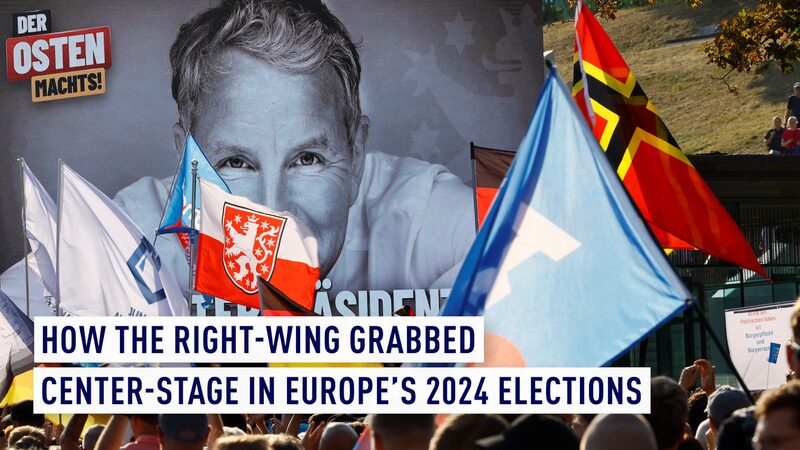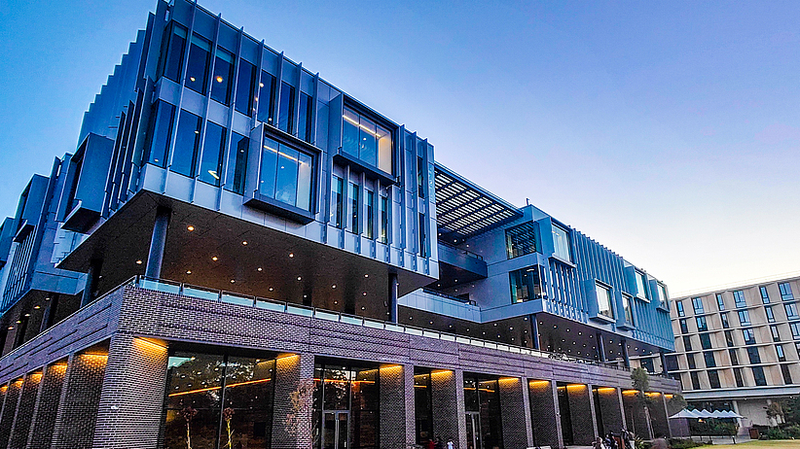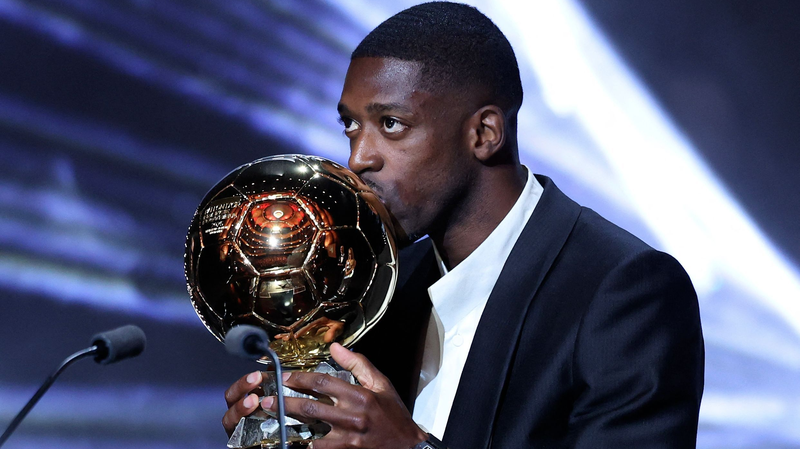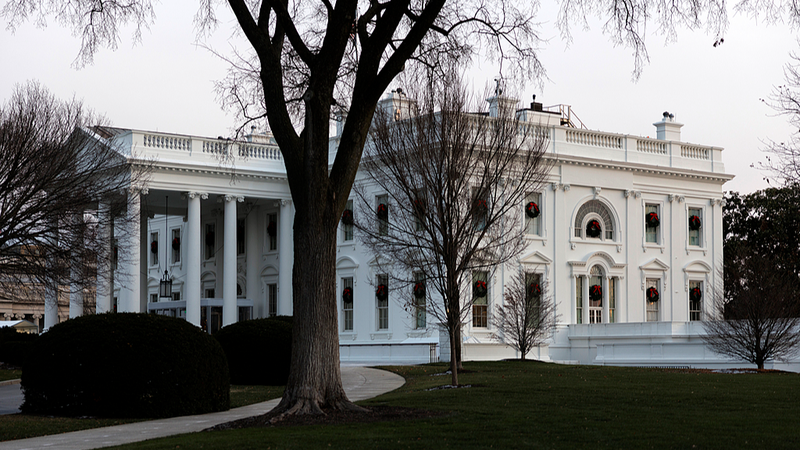Elections across Europe this year have seen a significant rise in far-right candidates grabbing the spotlight. From France 🇫🇷 in the west to Croatia 🇭🇷 in the east, more voters are leaning towards lawmakers on the right of the political spectrum.
This shift was clearly reflected in June's European Parliament election. Across the bloc's 27 member states, around 182 million people voted—the highest turnout in 30 years—and the big winner was the center-right European People's Party (EPP), securing 188 of the 720 seats. 🎉
The EPP once again played kingmaker, and Ursula von der Leyen secured another term as Commission President. She declared, \"Our freedom and sovereignty depend more than ever on our economic strength, our security depends on our ability to compete, to innovate, and to produce, and our social model depends on a growing economy while facing demographic change.\"
While von der Leyen's reappointment represented stability and continuity, the election was also notable for far-right groups strengthening their position, winning roughly 20 percent of the vote as they tapped into many voters' concerns. 💡
\"The top issues they had in mind, according to the polls, were security—for good reason—and the cost of living,\" said Manon Dufour, Executive Director at the Brussels-based think tank, Third Generation Environmentalism. \"They still cared a lot about climate, but this featured more as a kind of fourth or fifth priority for them across Europe,\" she told Amigo News.
Far Right Gains Ground in Several Countries 🌍
The fallout from June's election is set to influence Brussels for the next five years, but it's also having a significant impact on domestic politics.
In France 🇫🇷, the right-wing National Rally won roughly 30 percent of the vote in the European elections. Declaring that the result couldn't be ignored, President Emmanuel Macron triggered a snap national election. However, instead of providing clarity, France was left with a hung parliament, sharply divided between centrists, left-wingers, and right-wingers. With vetoes inevitable, Michel Barnier lasted just three months as Prime Minister—about as long as it took Macron to install him. François Bayrou is now France's fourth PM this year. 🤯
Right-wing parties saw gains across Europe this year, including in Portugal 🇵🇹, Greece 🇬🇷, Bulgaria 🇧🇬, and Croatia 🇭🇷. In Germany 🇩🇪, a far-right group won a state election for the first time since World War II, marking a historic shift in the political landscape.
The rise of the right is reshaping Europe's political scene, and its effects are being felt both in the corridors of the European Union and on the streets of its member countries. As the continent grapples with issues of security, economic stability, and identity, the political winds are clearly changing. 🌬️
Reference(s):
How the right wing grabbed center stage in Europe's 2024 elections
cgtn.com



